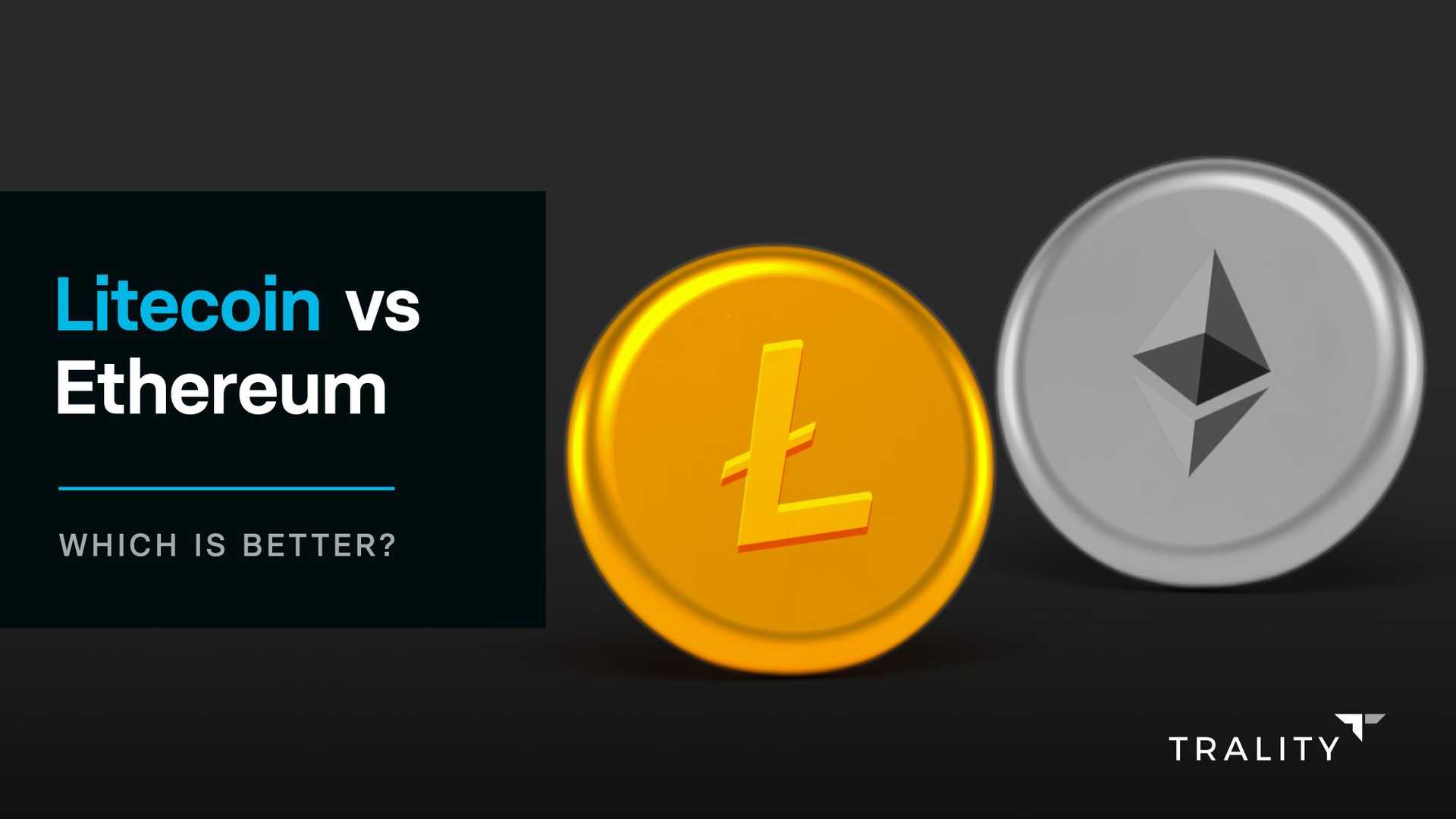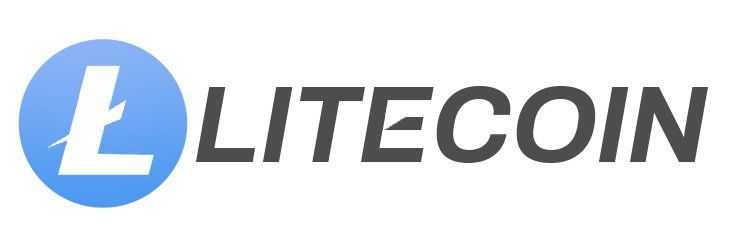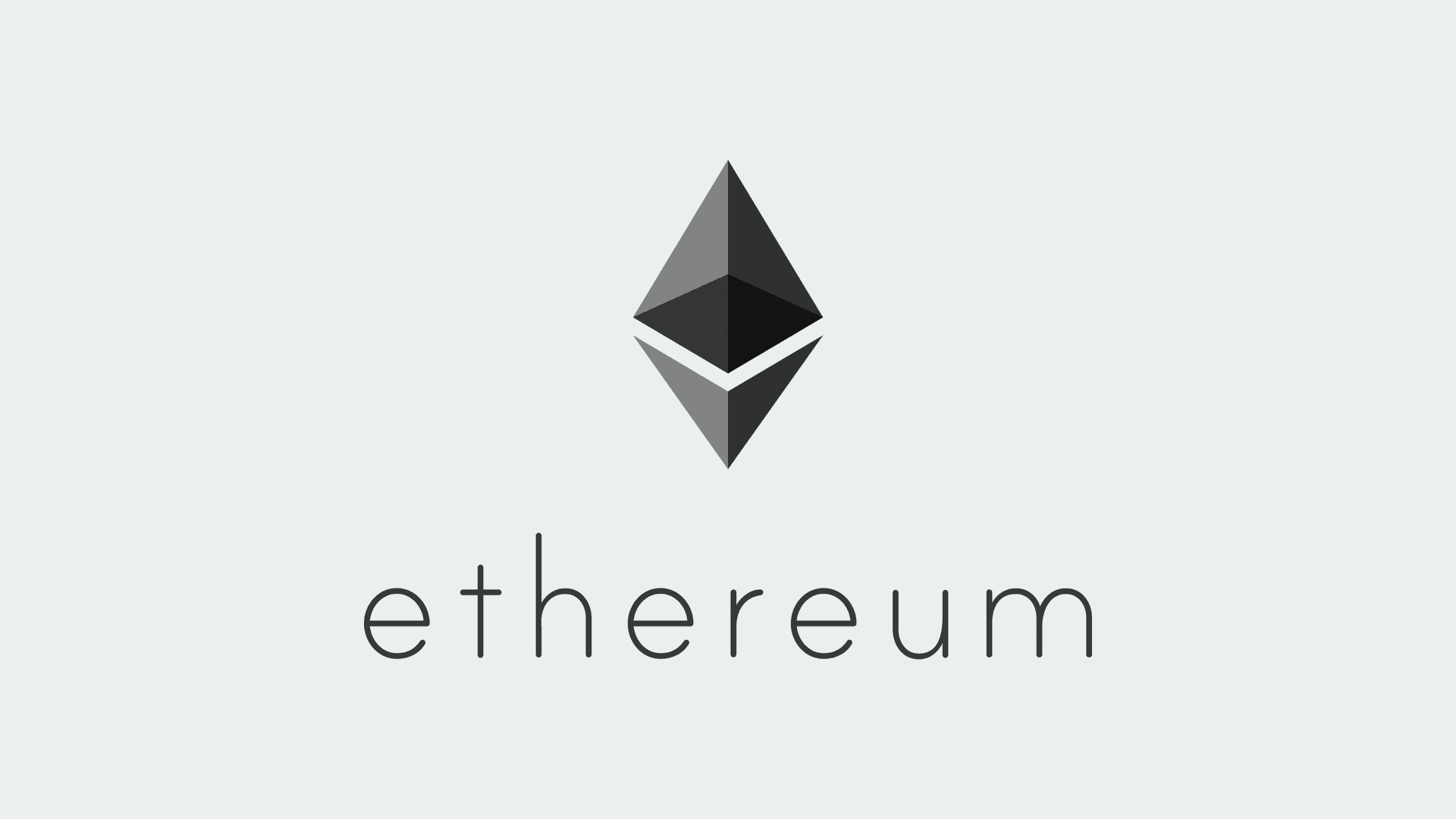Litecoin vs. Ethereum: Which Is Better?

MORITZ PUTZHAMMER
29 June 2022 • 6 min read

Table of contents
Despite bull and bear markets and even the occasional deep freeze from a crypto winter, cryptocurrencies continue to attract the attention of individual and institutional investors. But with thousands of cryptocurrencies from which to choose, deciding on a particular coin or coins can often leave investors confused, especially when the future of cryptocurrencies can be unclear.
Two popular choices, Litecoin (LTC) and Ethereum (ETH), were the first altcoins that rose to prominence during the early days of cryptocurrency, which likely explains (at least partially) their continued prominence. However, investors and crypto enthusiasts often face the challenging task of determining which coin is a better buy, or whether both will likely yield profits in the future.
While both coins have improved on the shortcomings of Bitcoin (just don’t let a BTC maximalist hear you say “shortcomings” in the same breath as Bitcoin), Litecoin and Ethereum have grown into attractive investments.
Let’s take a look at both coins and see how they compare with each other.
What is Litecoin?
What better way to to find out about Litecoin than to go directly to the source. According to its website, it’s a peer-to-peer crypto that allows for inexpensive global payments, and it was founded in 2011 by Charlie Lee, who had worked for Google.
Back in October of the same year, Lee wrote in a forum post that wanted to harness Bitcoin’s technological innovativeness to create an alternative, one that could be considered silver to BTC’s gold.

Due to the time it takes to process Bitcoin transactions (five per second), creating a new block requires approximately 10 minutes. Obviously, businesses interested in accepting Bitcoin for payment find this delay frustrating, one involving up to a sixty-minute wait from start to finish.
As mentioned, Litecoin was originally conceived as the silver to Bitcoin’s gold, but its primary differences (and selling points) include faster transactions (56 tps), a larger supply, and a different hashing algorithm to ensure fair mining. Businesses find the transaction speed of Litecoin a solution to Bitcoin's long confirmation time, allowing them to accept Litecoin, process payments, and therefore conduct business more quickly.
What is Ethereum?
Founded by Vitalik Buterin and Gavin Wood in 2015, Ethereum is a decentralized global platform powered by blockchain technology. As described on their website, “Ethereum is open access to digital money and data-friendly services for everyone – no matter your background or location. It's a community-built technology behind the cryptocurrency ether (ETH) and thousands of applications you can use today.”
Whereas Bitcoin is considered to be the first-generation blockchain, of blockchain 1.0, Ethereum is the second-generation blockchain (2.0). While Bitcoin serves as a digital currency and a store of value, Ethereum’s primary use goes beyond being a virtual currency and a store of value. Considered the world's most programmable blockchain, Ethereum is a marketplace for global payments, games, and thousands of decentralized applications.

Ethereum is popularly known for its native currency, Ether or ETH, which supports the effective running of smart contracts, an essential tool behind the development of decentralized applications (dApps) and decentralized finance (DeFi). Smart contracts are what set Ethereum apart from other tokens in the crypto space, with most developers and enterprises using Ethereum to create various technologies due to its security, high scalability, and its secure nature.
What are the Key Differences between Litecoin and Ethereum?
Litecoin and Ethereum are among the most popular altcoins in the world today. Although they have different use cases, they share some common innovative ideas. In addition, both were created to solve some of the weaknesses of Bitcoin.
Let's look at the Key differences between Litecoin and Ethereum.
History
Litecoin followed Bitcoin in 2011, while Ethereum emerged in 2015. While Litecoin is a cryptocurrency, it’s important to note that Ethereum is a blockchain platform, with its native coin being Ether.
Purpose
The primary design of Litecoin is to handle peer-to-peer payments cheaply and quickly without the intervention of an external financial authority. On the other hand, Ethereum can handle more complex transactions and support the development of various applications.
Supply Limit
Litecoin has a maximum supply of approximately 84 million coins, meaning that it’s fixed just like Bitcoin. There will never be any more Litecoins beyond that magic number, which is about four times more than the supply of BTC. Conversely, Ethereum does not have a fixed supply limit, making it less scarce.
Mining
Currently, ETH is much faster to mine than LTC. Litecoin uses proof-of-work (PoW), but, unlike Bitcoin, relies on access to large amounts of memory rather than central processing unit (CPU) or graphics processing unit (GPU) computing power only, as Investopedia explains. While Ethereum uses the proof-of-work protocol, too, allowing users to mine rewards for verifying transactions, it is transitioning to proof-of-stake (PoS) protocol, making mining easier.
Transaction Speed
Transaction speeds vary. Being easier to mine, Ethereum has a faster transaction speed than Litecoin. Litecoin transactions require mining new blocks, which reduces its transaction speed (54 per second and new blocks on the Litecoin blockchain can be created about every 2.5 minutes). When compared with ETH, whose block time is 15 seconds (meaning multiple transactions can be confirmed every minute), we have a clear winner in this respect.
Transaction Fees
According to some estimates, the average transaction fee for each ETH transaction is $0.85, while the LTC’s average transaction fee is $0.04. Thus, the transaction fee on Ethereum's network is higher when compared to that of Litecoin, and it’s often exacerbated by high gas fees.
Litecoin or Ethereum: Which is a Better Buy?
Most people investing in cryptocurrency obviously hope to see a tidy return on their investment. The future demand for Ethereum and Litecoin will depend on their use case adoption and the extent to which they offer value for investors and users.
Over the years, Litecoin and Ethereum have shown a good return on investment. With market cap in mind, Ethereum stands at $22.62 billion, or about five times that of Litecoin’s $4.5 billion at the time of writing. However, if you compare prices, then Ethereum is obviously significantly more expensive than Litecoin.
When it comes to making a buying decision, it is easy to choose a coin based on certain criteria, but history has shown us time and again that nothing in the cryptosphere is 100% certain. So where does that leave us in terms of whether you should pull the trigger on ETH or LTC? Litecoin is not a major competitor to Ethereum and, as blockchain technology gains more widespread adoption, with people starting to use more and various dApps, the demand for ETH will only increase.
Let’s give the final word to Jay Blaskey (in the Forbes article mentioned previously), who thinks that Litecoin might be a good fit for a seasoned cryptocurrency investor’s portfolio—especially those who “want a combination store-of-value asset with the side benefit of convenient transactions.”
Should You Invest in Litecoin and/or Ethereum Right Now?
It can be very difficult to judge the right time to buy cryptocurrencies, let alone figure out if now, amidst a crypto winter, is a good time to invest in LTC and/or ETH. Of course, you can rely on Ethereum price predictions as well as Litecoin price predictions to give you a better idea of where they are heading.
However, unlike Bitcoin and Ethereum, Litecoin failed to hit an all-time-high during the bull run in 2021. This does not make it bad for investment. It simply indicates that Litecoin has a lower risk- to-reward ratio when compared to ETH. According to Longforecast prediction, Litecoin is expected to hit $1216 in 2025 and $2,300 by 2033.
Conclusion
Given the challenging market conditions for crypto, investing in either Litecoin or Ethereum should be done with a long view in mind.
For some, this is a prime opportunity to buy the dip at rock-bottom prices. For others, the market needs to stabilize before they consider investing once again.
As always, do your own research by checking out various sources of information, from the best crypto news websites and the best crypto podcasts to longer reads such as the best books on crypto.
And remember: never risk more than you can afford to lose.





